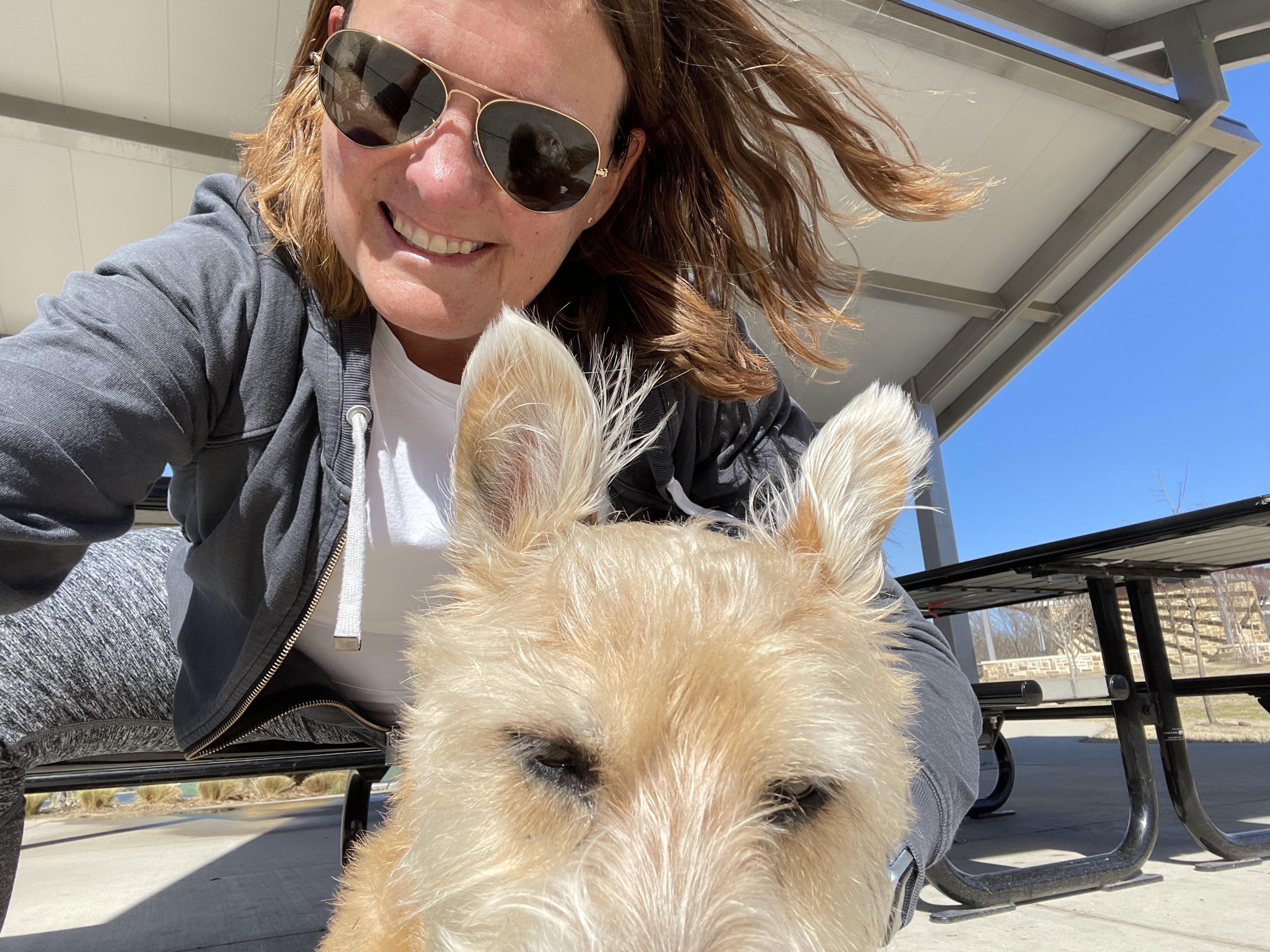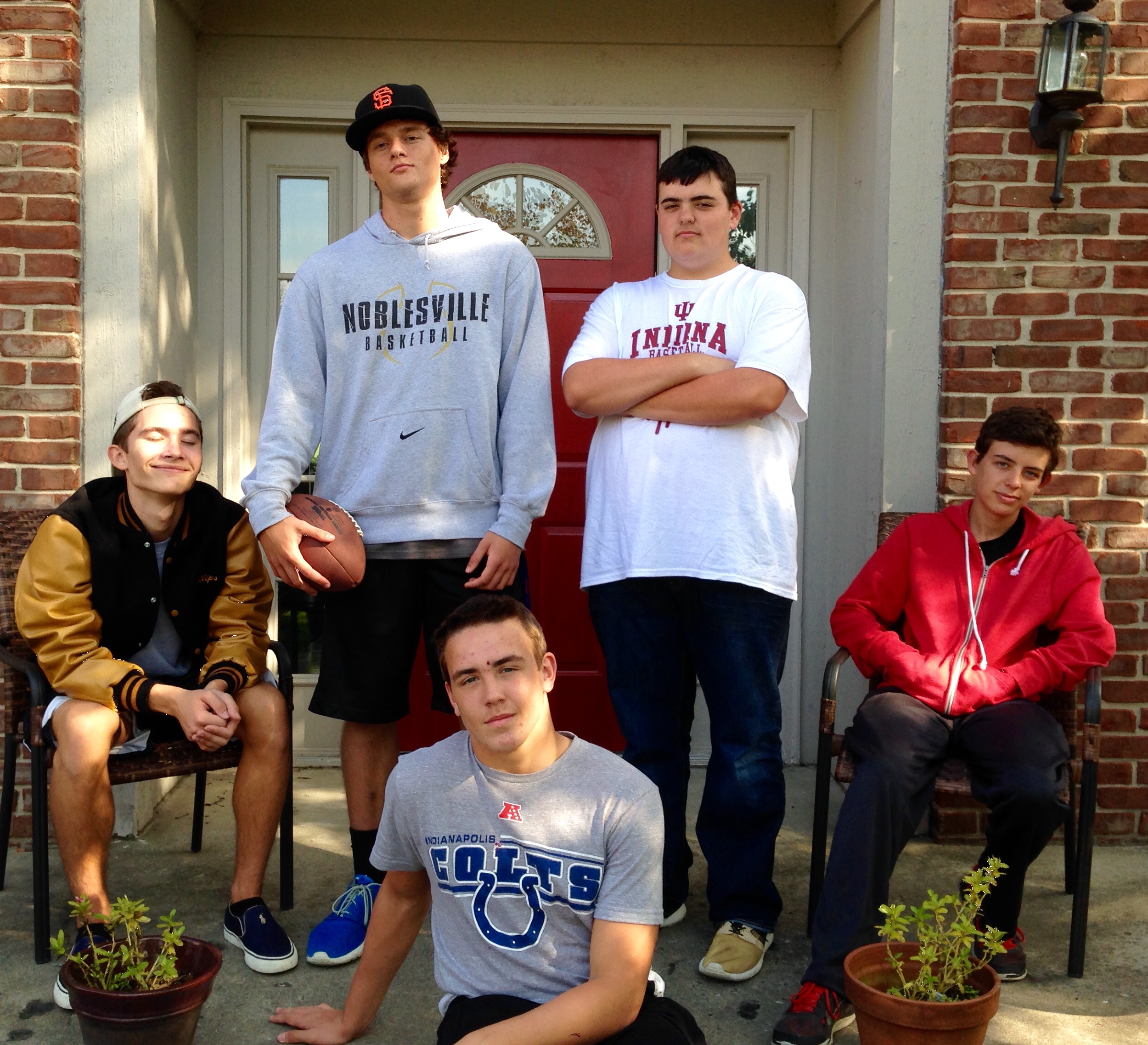I’m a professional connecter.
I love to connect with other people animals…ok let’s face it. I like to connect with things that are alive and that have a beating heart.
I make eye contact, I talk to people I don’t know, I’m interested in what people have to say, and I tend to feel strongly about people in general.
In the helping field specific to me, which has primarily been providing mental health therapy and supervising others, this quality has proven helpful to me.
Every characteristic has its drawbacks, but being ridiculously strengths based, I’m going to go with the positives.
Here are a few things I have found (listed below)
People love to be asked how they are doing, especially when they have a stressed out or an excited look on their face. We’re familiar those looks, right? A typical response from me to a stressed looking face is usually a verbal or a non-verbal ‘‘what’s going on?’.
How this is helpful: People who feel cared about typically respond honestly. I am able to understand what is going on with them right then. Productively, people who know they are able to take a day off, or part of a day off when needed, are more productive when they are able to work.. They want to work, knowing that if they need time off they can take it.
I tend to give an empathetic look. At the coffee shop, I make eye contact with fellow patrons as we arefrustrated with a newer staff taking longer than usual to fill our orders. I remember, when I’m feeling impatient, that everyone has their own learning curve.
How this is helpful: With a newer staff, I acknowledge that they are learning, and even though I have told them multiple times, they need to hear things more than once. A wise professor once told me, ‘we all hear what we need to hear when we are ready to hear it’. Establishing trusting relationships between newer staff and their cohorts establishes trust.
Their peers are much more likely to be able to answer a specific question quickly. The seasoned staff feel respected by me, which is important to us all.
I emphasize, with words and facial expression, I am the leader. The one they report to.
Using resources will help them in their role, so they will have a better chance at success.
I sometimes have to wait. For some people, particularly introverts, they can’t share what’s going on without quite a bit of time to formulate words. I like to say that ‘speak non-verbal’.
I look away (intentionally), write something down (or doodle), or I wait.
How this is helpful: In mental health therapy, we call it talk therapy for a reason.
People have to be able to talk to express themself, and we have to go at a pace.
In leadership, the same is true.
I need to hear staff, and my need for words exceeds most other people’s.
It is important, in working to have success in each of our roles, that we all get our chance to speak and to be heard. This pace is different for all of us.
Establishing rapport, or connecting, is really important to those of us who like to connect and establish rapport.
In Summary
I love to lead, I love to connect, and I tend to be overly optimistic.
I lead from a sense of belonging and connectedness, which has worked for me.
As this new calendar year, or academic year, or new position gets underway for my readers, my hope is that you work a little on connecting with others, whether that is in your personal life, at work, or by something that has a chance of working for you.
Finally, it’s Friday. It’s my favorite day of the week, full of anticipation for the weekend. Hope you can connect with someone today!


